Its new 1.8-litre dual VVT-i engine develops 97kW at 4400 revs and 142Nm at 4200 revs. This engine is mated to a five-speed manual gearbox, goes from 0-100km/h in 9.3 seconds and has a top of 194km/h. At present the range-topping Yaris locally is the 80kW 1.5-litre YRX, which sells for $19,590 in three-door form, which means the TS would have to be positioned above the YRX on price.
Toyota has brought a TS to Australia for evaluation, but don't expect it in showrooms soon. Toyota product planning manager Doug Soden says a few hurdles must be overcome.
“We have to make sure it's right for Australia,” he says. “It is available for Europe, but we have harsher conditions.”
Toyota has no firm plans but it may go on sale before the year ends. Apart from the engine the TS has been modified and strengthened to cope with the extra oomph.
It gets a beefier front suspension with thicker anti-roll bar and a linking rod has been installed between the rear suspension members. The ride has been lowered by 8mm and retuned springs and dampers for improve high-speed driving. The steering ratio is quicker, given lock-to-lock in 2.3 turns.
The three-door and five-door versions of the Yaris TS are available in Europe.
Meanwhile, Toyota has admitted its TRD Aurion will not be a threat to anything from Ford Performance Vehicles or Holden Special Vehicles, despite earlier promises on the potential of its supercharged V6 hero car.
It now says the TRD Aurion, which will wear a price tag somewhere between $50,000 and $60,000 and run with at least 235kW of power, is more likely to be shopped against European sporties such as the Alfa Romeo 159 and Volkswagen Golf R32, as well as the Subaru Liberty GT from Japan.
“Our car is not a direct competitor for the mega-kiloWatt cars from HSV and FPV,” the spokesman for Toyota TRD, Mike Breen, says. “From a styling and presentation point of view we are there, but we definitely don't have the raw power of the V8s. And we don't have their rear-wheel-drive.”
TRD is finally going public with its delayed plans for the Aurion, which is now likely to be in showrooms by August, although the price is still woolly. Breen says TRD had originally estimated a higher price because the car is being developed with a costly intercooler and modified bonnet for its supercharger conversion, but this is not going to be in the final production model because of late improvements to the Eaton supercharger package developed in Melbourne.
“The final price could be varied by up to $10,000,” Breen says. “Development is still being finalised. A lot of work has gone into it.”
The new Eaton supercharger has several changes, including a very quiet design, that means it does not need an intercooler.
“It's the best of both worlds,” Breen says. “It produces the kiloWatts without the heat and delivers the power smoothly, so it is not battling the ESC (electronic stability control) all the time.”
Breen says TRD was originally hoping to have an all-wheel-drive Aurion hero car, but this was ruled out because of the cost and complication of the conversion.
A TRD Aurion AWD would have been a much more serious threat to FPV and HSV, which led to the original optimism at Toyota about its upcoming challenge to the Australian hero cars and brands.
“It's a more sophisticated performance car, not an all-out speed wagon,” Breen says. “The bottom line is it is fun to drive. It's a typically smooth, sure-footed front-drive chassis with the TRD refinements and power boost.
“You can still get into it and get a rewarding drive, but it has a nice balance. It will be a step up from Aurion Sportivo, not a step across from an FPV or HSV car.”
Mitsubishi will also be getting serious in this market segment later this year.
The TMR 380, the Ralliart-tweaked version of the 380, with a 230kW/442Nm Sprintex supercharged 3.8-litre V6, is a concept for now.
Other go-fast bits on it include a Koni sports suspension system, TMR brakes, 19-inch alloy wheels, Recaro seats and sports trim. Mitsubishi suggests a 0-100km/h time of six seconds for the TMR 380, which will be based on the upcoming Series III edition of the Adelaide-built sedan.







.jpg)
.jpg)
.jpg)

.jpg)

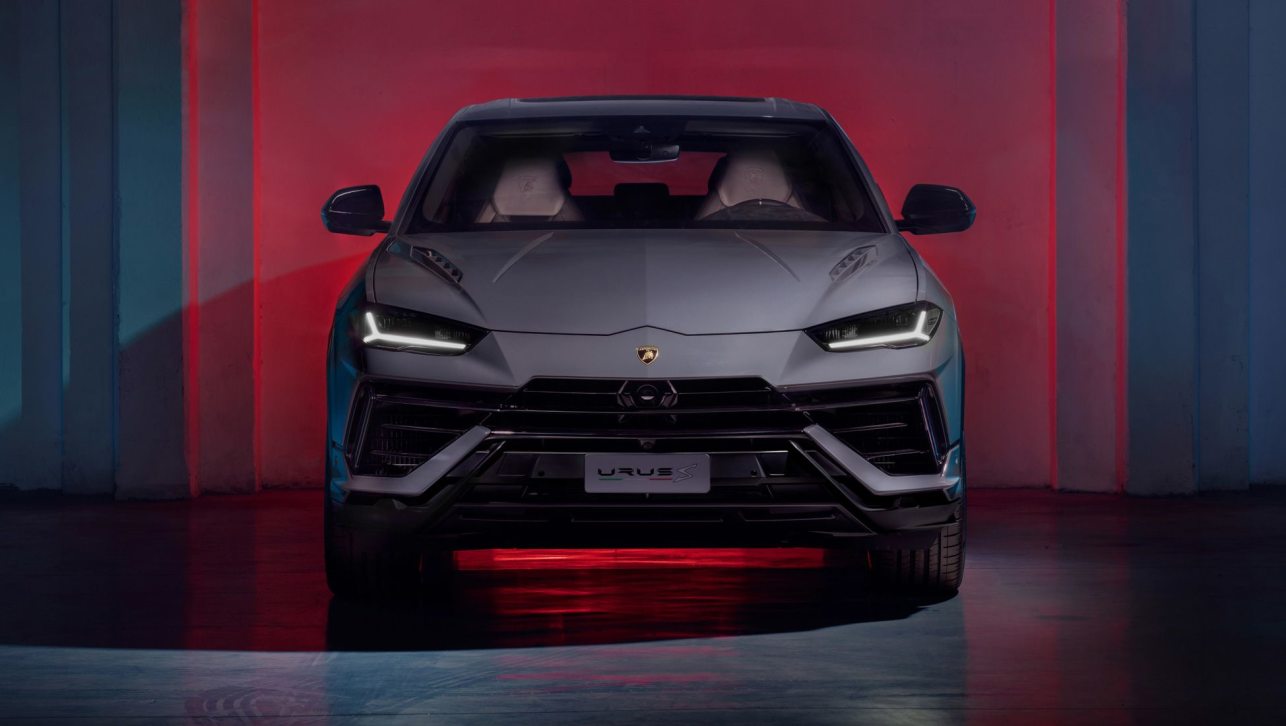
.jpg)
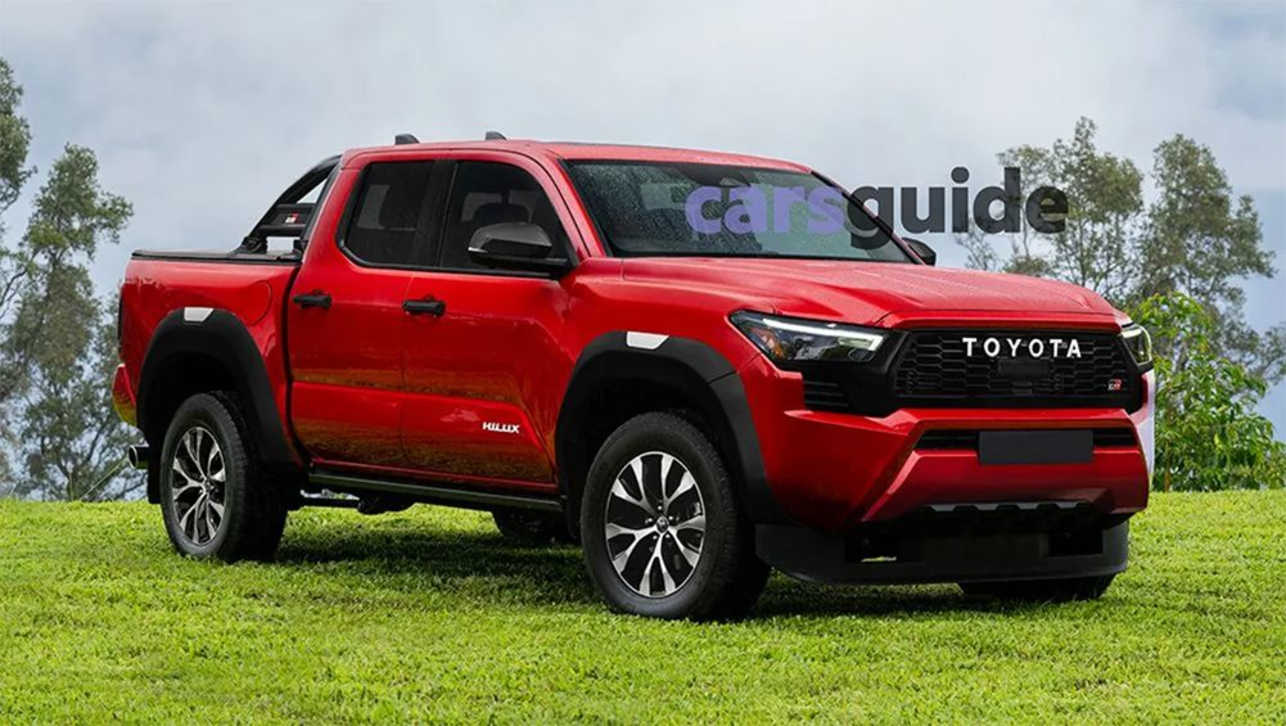
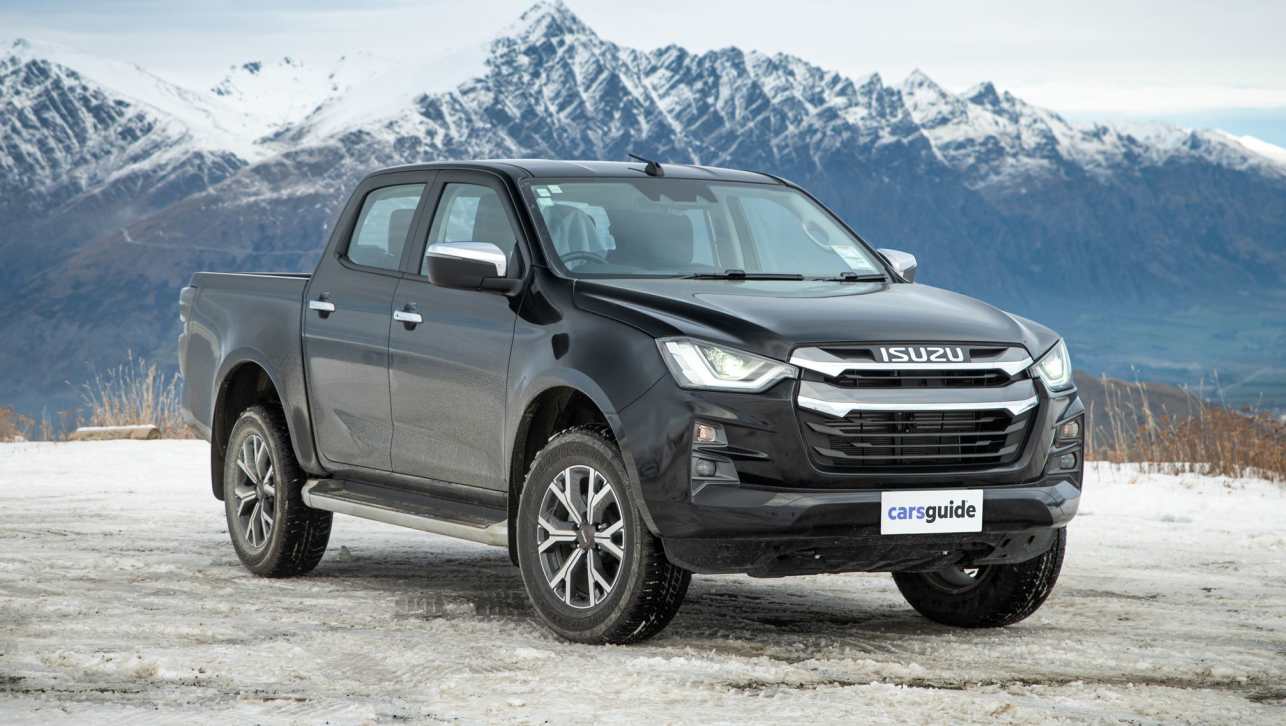
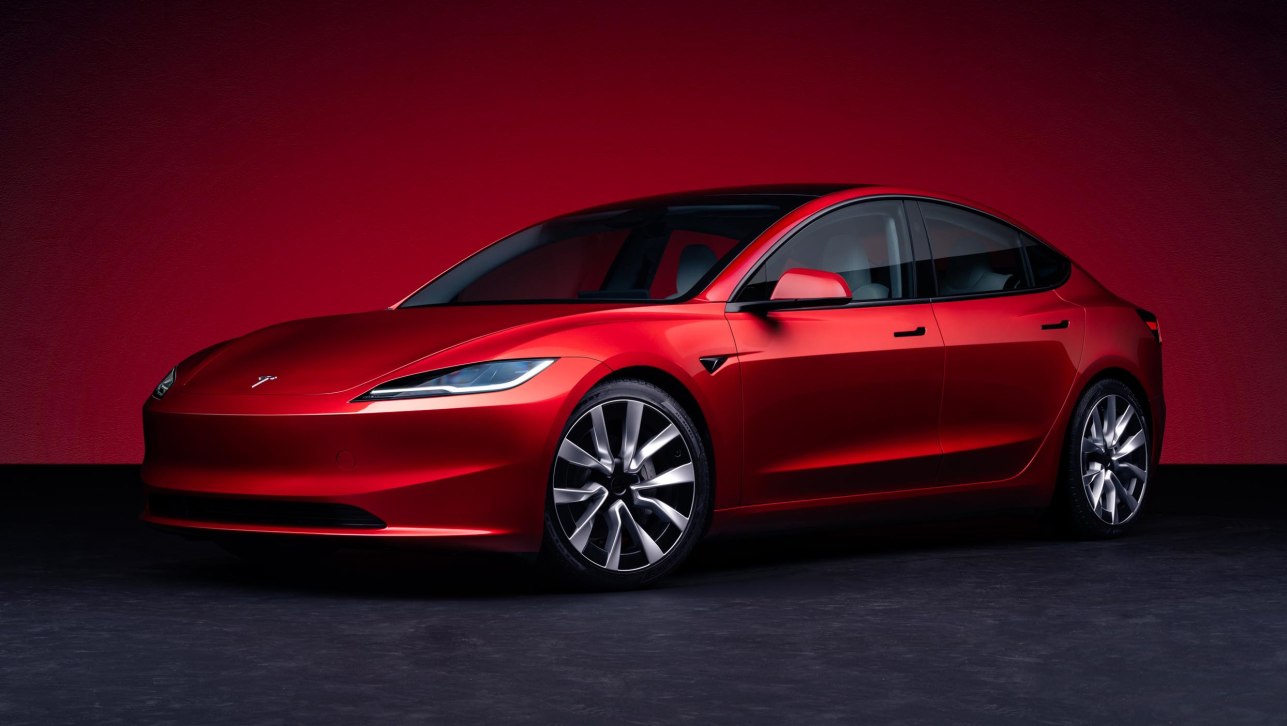

.jpg)

_0.jpg)
.jpg)
.jpg)
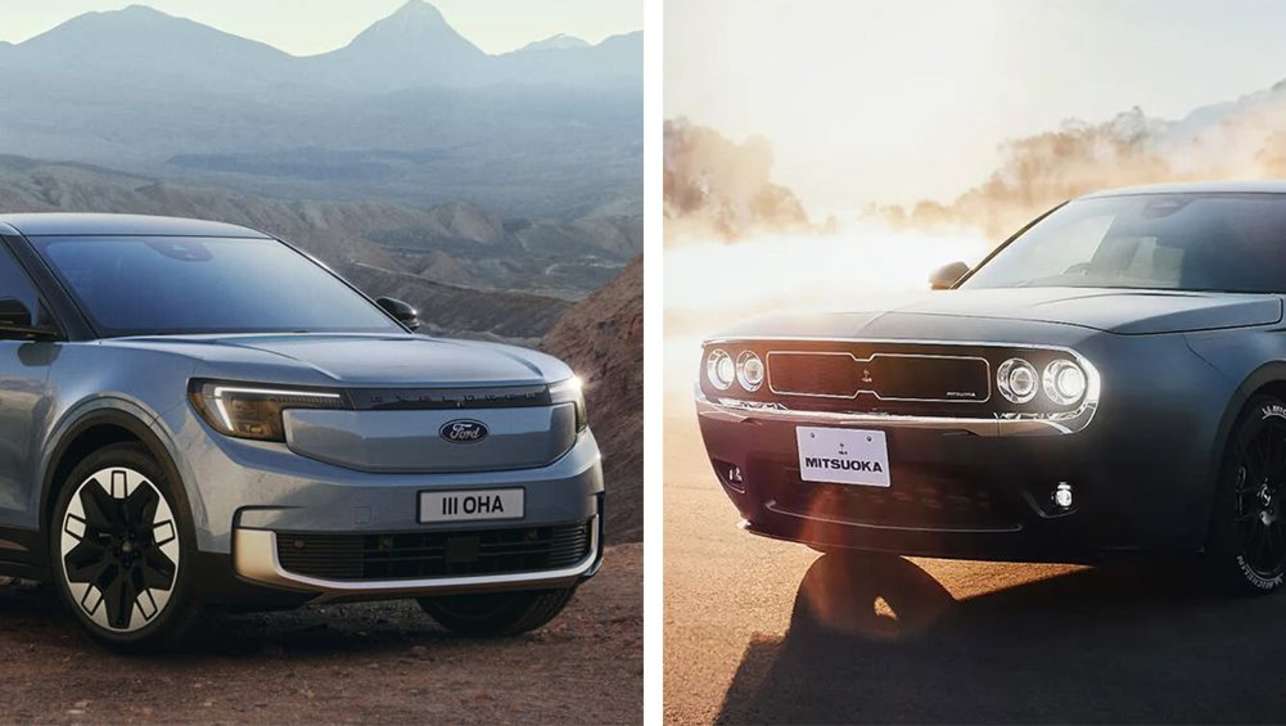
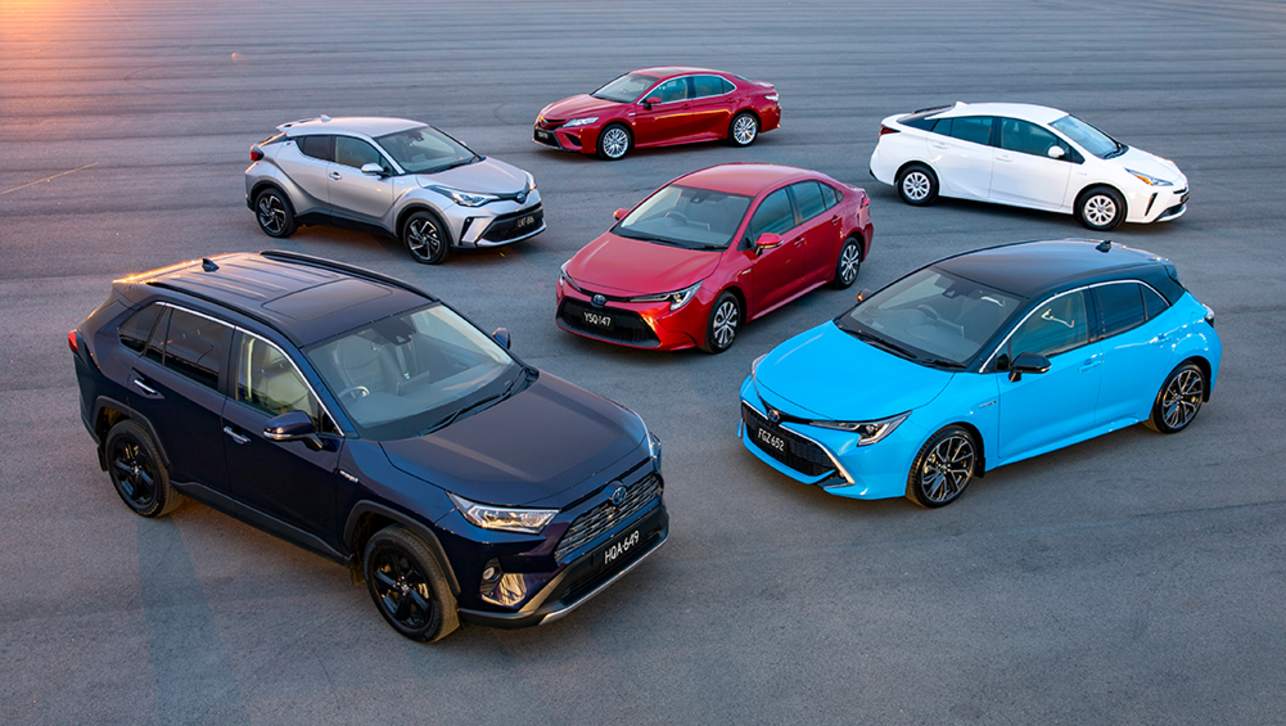


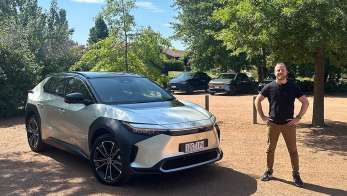

Comments